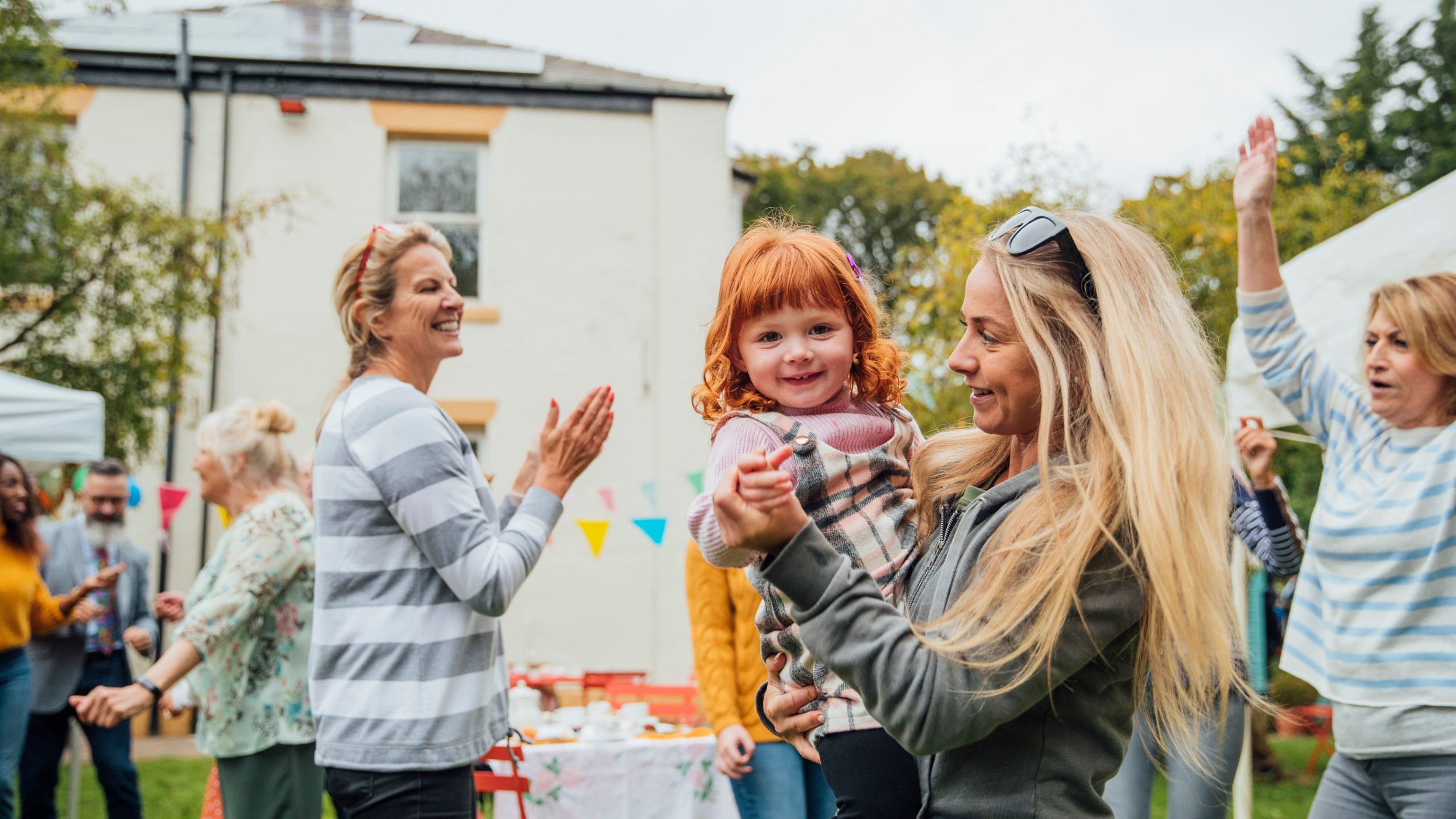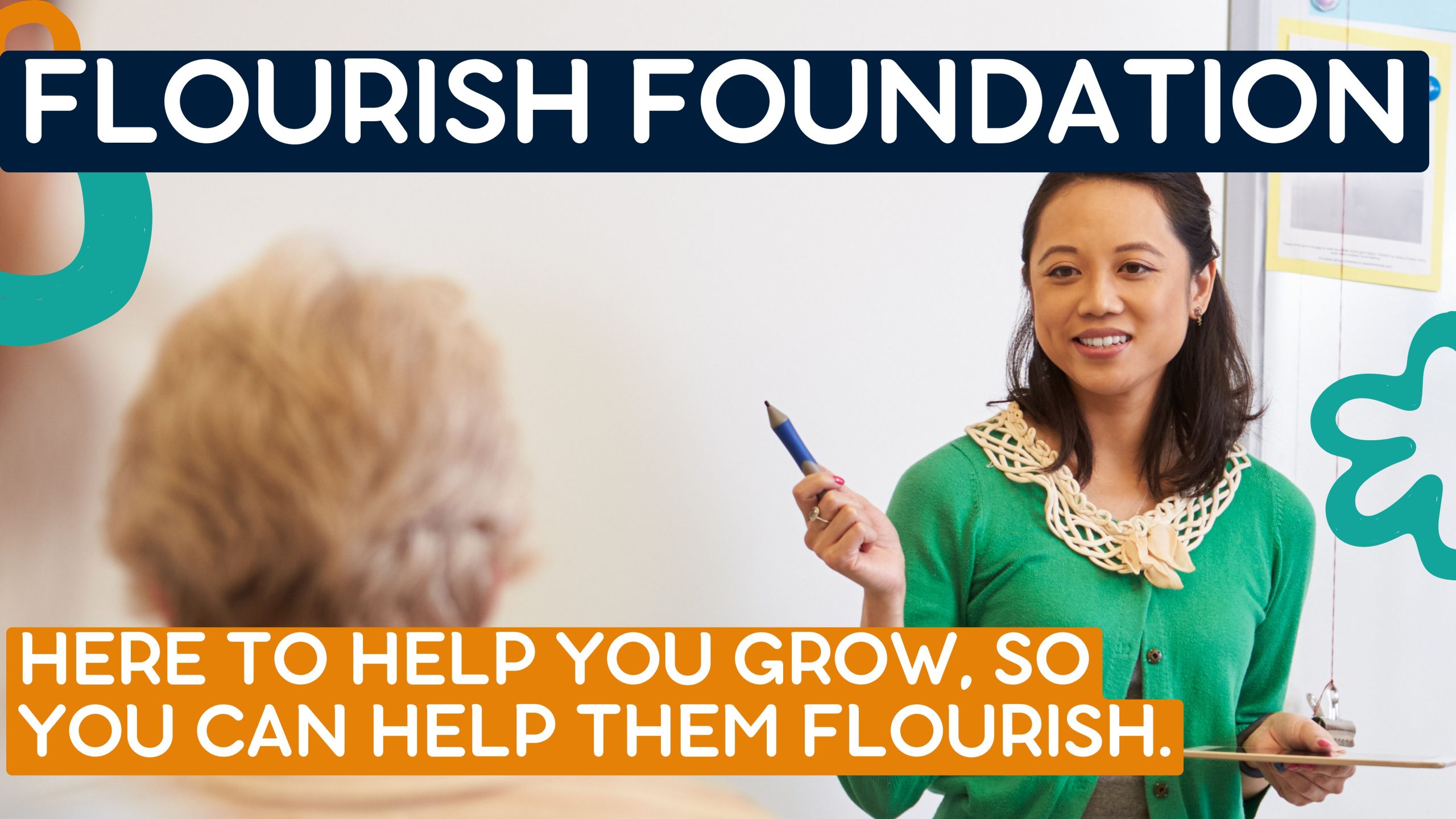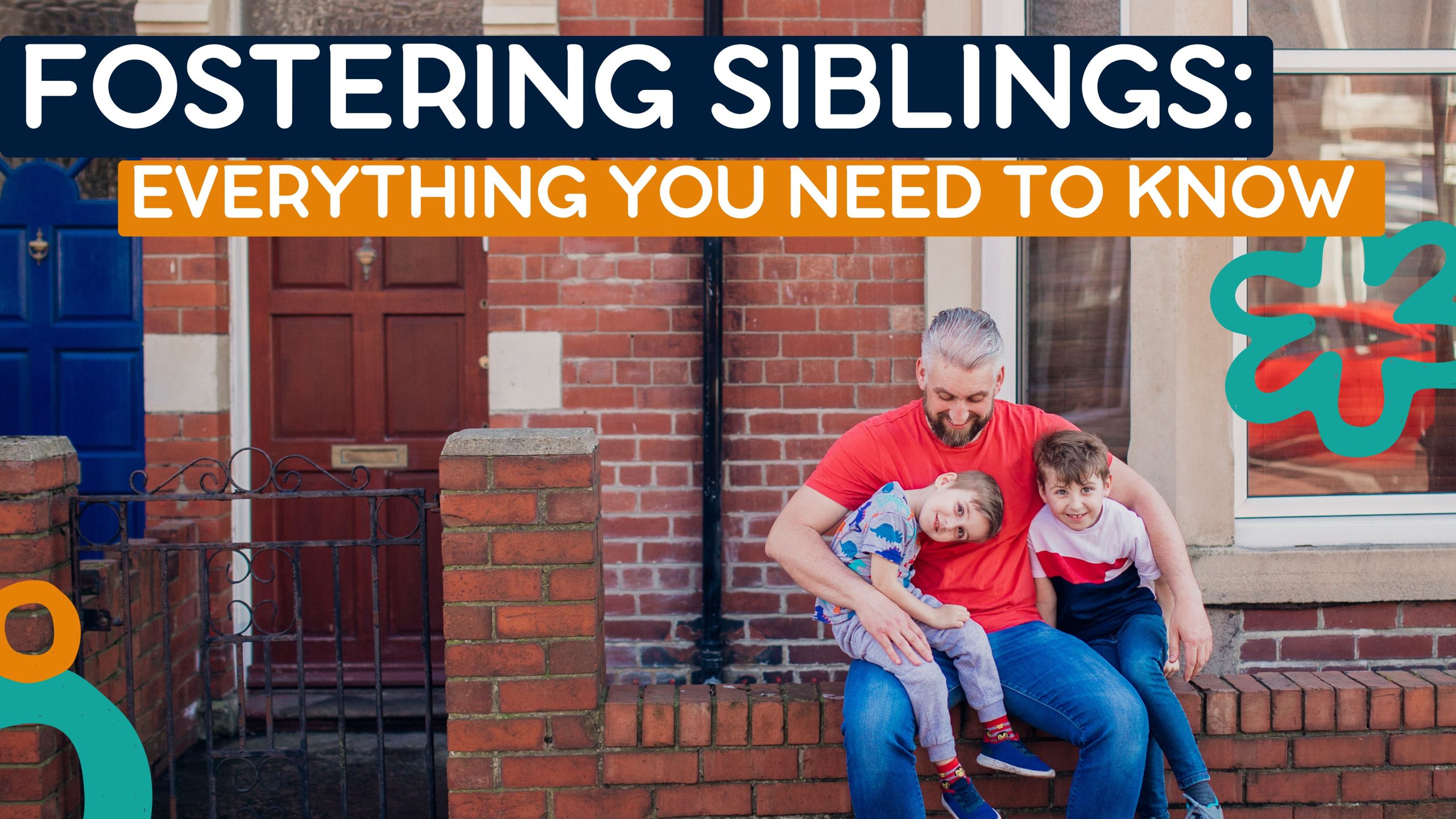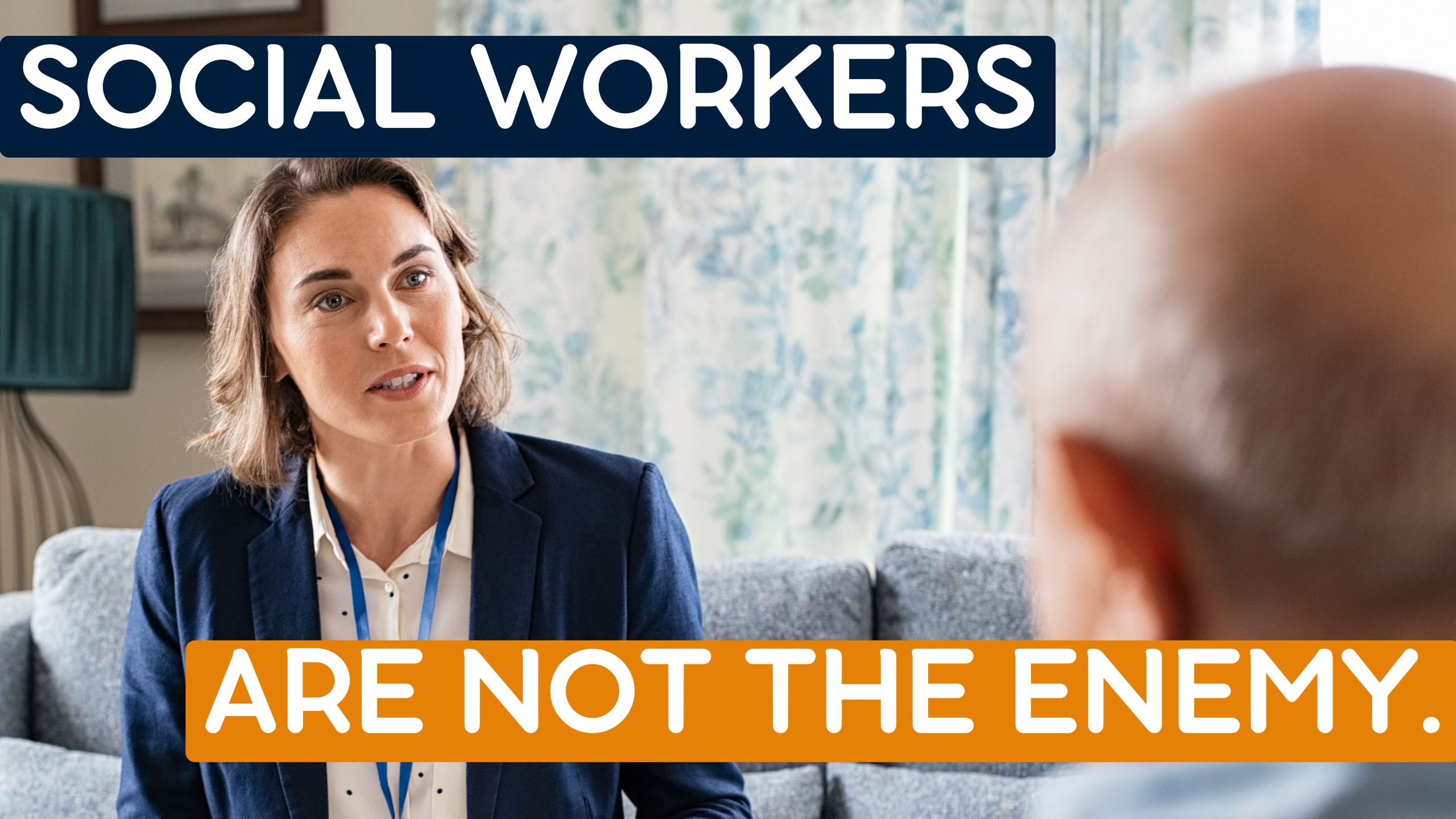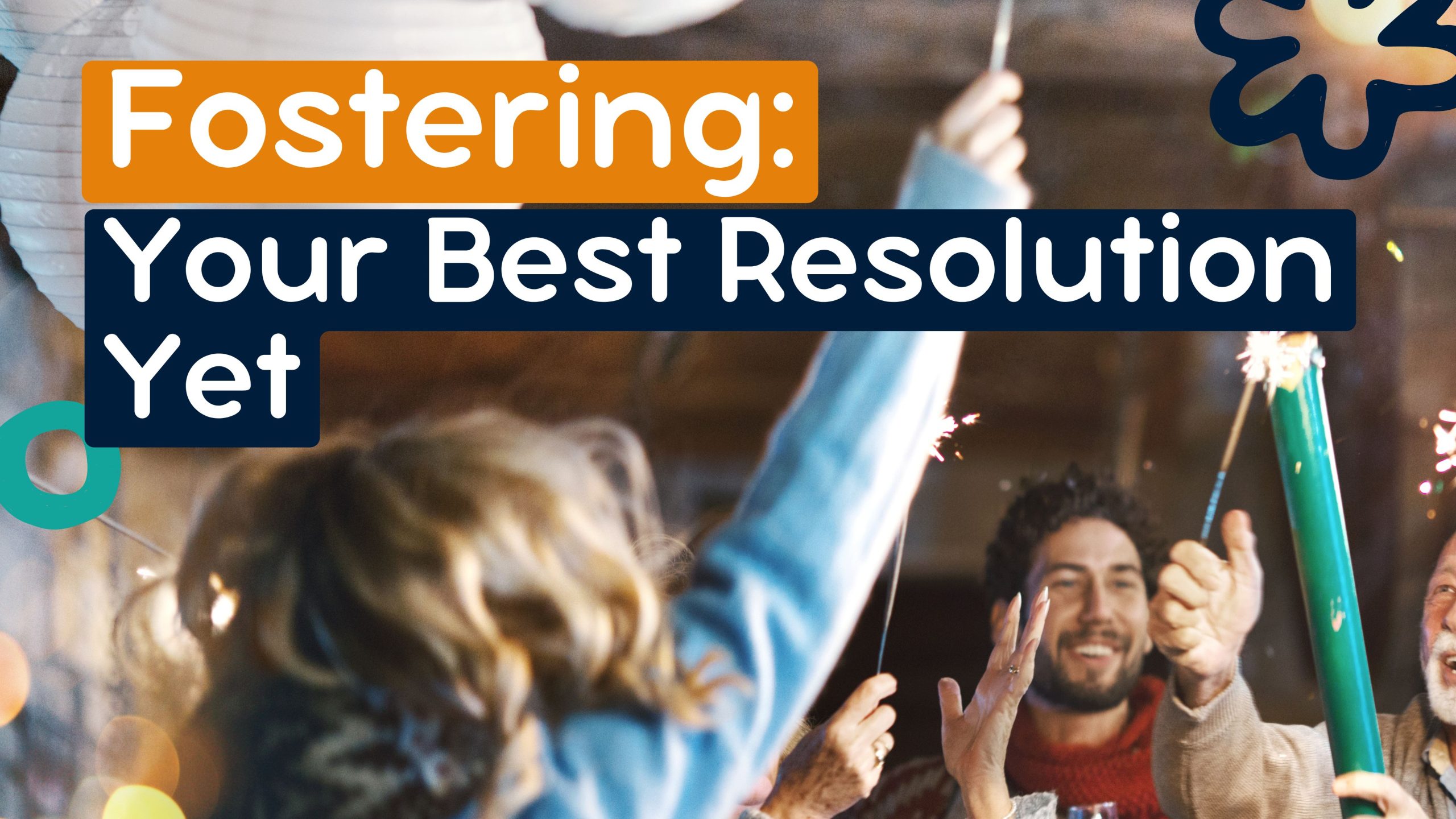Being a new foster parent is a whirlwind of emotions and experiences, especially in the first few weeks. If you’re getting ready to welcome your first foster child, here’s what to expect and some advice to help you navigate your new life as a new foster parent.

The First Few Days
- Meeting the Child: Whether you’ve met them beforehand or are meeting for the first time, the introduction can be emotional. Focus on making them feel welcome. Give them a tour of the house, and maybe a small welcome gift like a cuddly toy or book.
- Immediate Needs: Many children arrive with very few belongings, so ensure they have essentials like clothes, toiletries, and a comfortable place to sleep.
- Routine Basics: Start introducing routines, but keep them flexible to avoid overwhelming the child. For example, establish consistent meal times and a simple bedtime routine.
Week One
- Morning Routines: Work out how the child feels when they wake up. Some children might need quiet time, while others may prefer to be with you. Adapt mornings according to them to help them ease into the day.
- School or Activities: If they’re going to school, you’ll navigate school drop-offs and pick-ups. For younger children, you should find playgroups or therapeutic activities.
- Meals Together: This can be great for bonding and chatting with the child. Be mindful of food preferences, allergies, or anxieties.
- Evenings: Use this time for your family to unwind, whether through games, reading, or watching TV together.
- Bedtimes: Bedtime can be challenging for children with past trauma, so patience is key. Offer consistency and reassurance.
Week Two
- Settling Into Routines: You’ll see patterns emerge in their behaviour and preferences. Adjust your routines to fit their needs and maintain a sense of stability.
- Boundaries and Expectations: It’s natural for children to test limits as they grow comfortable. Reinforce house rules calmly and consistently.
- Behavioural Shifts: As trust builds, you may notice changes in their behaviour. They might open up more or maybe test boundaries. Both are signs of progress.
Life as a new foster parent is a mix of challenges, emotions, and incredible rewards. With a therapeutic approach, the early days will become a foundation for healing and trust.
So, remember…take it one day at a time, celebrate the little victories, trust in yourself and your therapeutic training, and let the experience unfold at its own pace. Fostering is a journey, not a race, and your effort and love are making such a difference in a child’s life, and that’s truly amazing.
If you’re considering starting your fostering journey – why not get in touch today?



